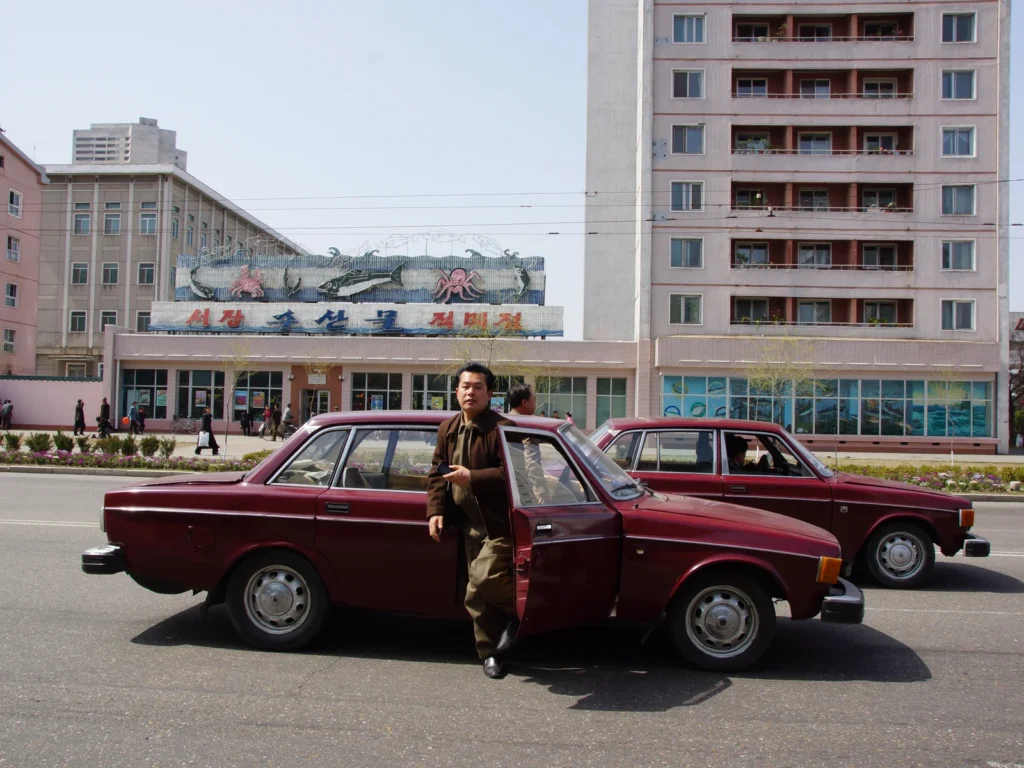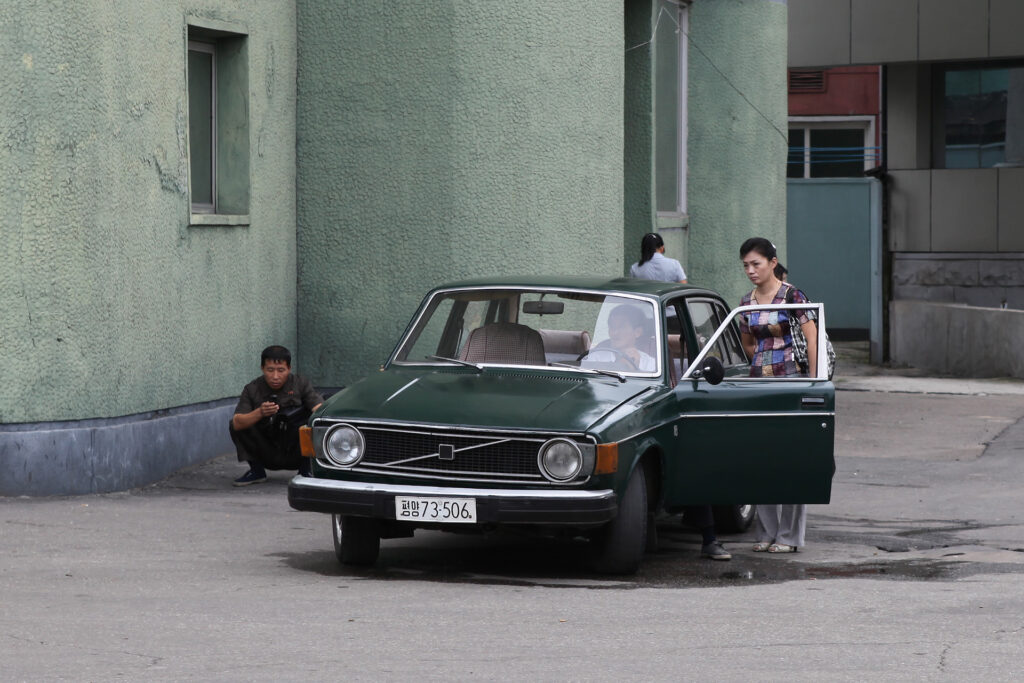In 1974, the then Supreme Leader of North Korea, Kim il-Sung, signed off on an order for 1000 Volvo 144 sedans. Volvo dutifully complied, marking the high point of Swedish-North Korean trading relations.
The accord lasted all of 12 months, when it became apparent that Kim il-Sung’s government had not paid for any of the cars it had imported from any of its Swedish suppliers.
And that’s how one of the most notorious cases of unpaid international debt in modern history arose.
No Cost. No Obligation.
100% Confidential.
Table of Contents
The Story of North Korea’s Unpaid Debt to Sweden
Businesses taking a punt on dealing with Pyongyang nowadays are playing fast and loose with the parlous state of North Korea’s finances, crippled by years of isolation and sanctions.
But in the immediate aftermath of the Korean War in the 1950s, North Korea was seen as something of an economic miracle, with rampant growth and plenty of ready capital.
There was no shortage of suitors worldwide ready to get a piece of the action.
Money talks, and the world is just one big open market of opportunity. Wherever a deal can be done or an investment can be made, business will follow.
Backed to the hilt by their government, a gaggle of those ready corporations hailed from Sweden, including the country’s major car manufacturer, Volvo. It supplied 1,000 sedans.
The cars were never paid for. More than 50 years later, Volvo has never recovered a penny of the money it is owed.

The Swedish Export Credits Guarantee Board, the government agency that backed the disastrous foray into the North Korean market, still dutifully calculates interest on the debt, which now stands at over 234 million euros, or $273.5 million dollars.
The Volvo 144s, meanwhile, were still used around Pyongyang as taxis until relatively recently. Now the economic climate has changed, and parts are difficult to get hold of.

What Happened to North Korea’s Bad Debt?
The debt for the stolen Volvo cars remains unpaid. But the Swedish Export Credit Agency (EKN) bought the debt from Volvo:
“When North Korea failed to pay for the cars, EKN stepped in, meaning that Volvo Cars did not suffer financially. The deal was closed from our point of view.”
Swedish diplomats continue to send reminders about the unpaid debt for their Volvos every 6 months. Carina Kemp, the EKN press manager, told VOA:
“For the most part, we get no response… EKN’s position is that claims will be recovered.”
While we offer some late payment letter templates of our own, we wouldn’t advise relying on those to recover debts over several decades. (Poor communication is one of our late payment red flags.)
How to Recover International Debts
Need help finding the right professional help with international debt recovery?
Businesses are put in a difficult enough position when customers at home don’t pay up. But those problems are magnified many times over when dealing with debts abroad.
Safe Collections has been recovering B2B debts since 1984. Working with local partners, we can help you to recover what you’re owed.

